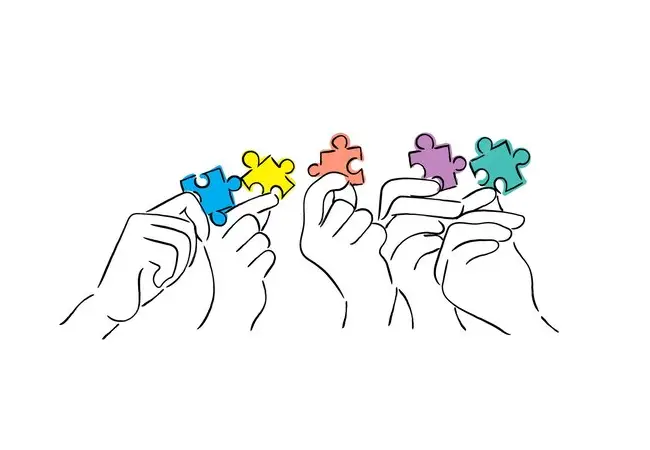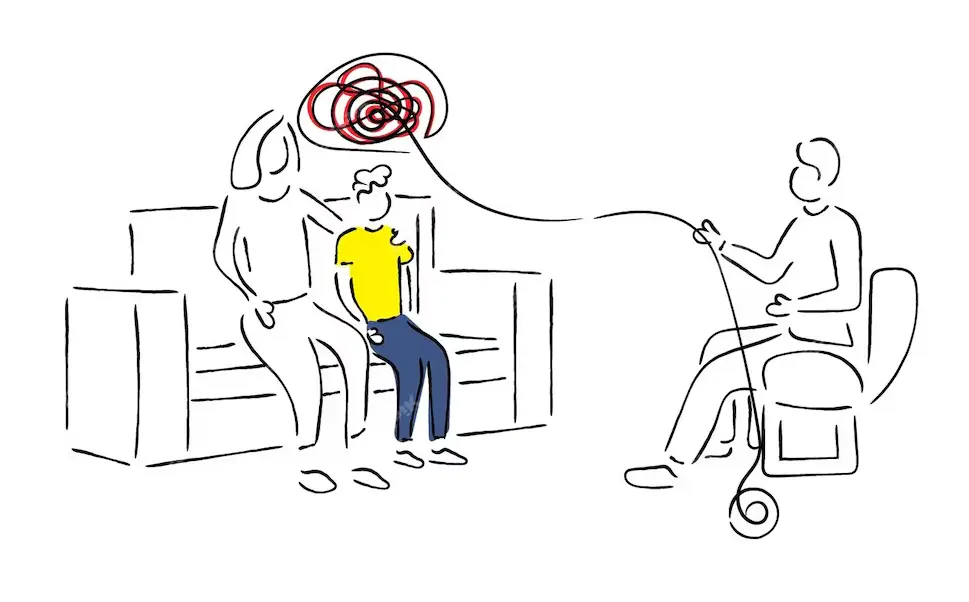Psychological Support
We advocate for improving the availability, accessibility, appropriateness, and quality of a wide range of mental health services, developing community-based mental health services that are organized in a non-stigmatizing way, enabling the removal of barriers to seeking professional help, and promoting mental health as a fundamental human right.
Our Team
with years of experience in psychotherapeutic and research from 5 psychotherapy modalities:
transactional analytical, systemic family, psychodrama, constructivist, and body psychotherapy
This diversity allows us to provide a wide range of mental health protection services tailored to the specific needs of each person.


Our Services
- Individual, group, and family counseling and psychotherapy
- Psychoeducational and psychosocial programs
- Psychological first aid and crisis interventions
Specialized psychological treatments for individuals with:
- Traumatic experiences and PTSD symptoms
- Grief and depression symptoms
- Fear and anxiety symptoms
- Stress reactions
- Adaptation difficulties to different life transitions
- Concentration and decision-making difficulties
- Sleep and appetite problems
- Improvement of family and partner relationships
Who We Work With
- Children and youth
- People in crisis due to various life events
- Older adults
- Children in the social welfare system
- People experiencing homelessness
- Refugees, migrants, and asylum seekers
- Users of psychiatric services
Children and Youth Team


- Developing and implementing preventive activities to improve the resilience of children and youth
- Conducting integration initiatives that facilitate their active involvement in communities
- Providing counseling and psychotherapy services for children, youth, and their families
Providing specialized psychological treatments for children and youth with:
- Various emotional reactions (feelings of fear and loneliness, heightened anxiety, feelings of anger and rage)
- Psychosomatic symptoms (sleep problems, headaches, and other organic disorders caused by trauma and stress)
- Risky behaviors and behavioral problems
- Self-harm and suicidal tendencies in adolescents
- Developmental crises and adaptation problems
- Learning and motivation difficulties
- Low self-esteem and self-confidence
- Interpersonal relationship challenges – parent-child relationships, peer relationships, peer violence, communication skills
Community Mental Health
What does it mean, and why is it important?
What does it mean, and why is it important?
Community mental health includes a wide range of services provided at easily accessible locations, allowing all citizens to access them without referrals or complicated administrative procedures (Thornicroft & Tansella, 2013). These services should address a broad spectrum of needs at all life stages (Thornicroft et al., 2016; WHO, 2021).
Community mental health is based on several key principles:
- Person-centered approach – respecting individual values and decisions (World Health Assembly, 2016; WHO, 2021)
- Recovery-oriented approach – emphasizing empowerment and active participation of service users in the recovery process (Anthony, 2000; WHO, 2019)
- Human rights protection – advocating for the full realization of human rights for individuals with mental health difficulties (WHO, 2021; WHO & United Nations Office of the High Commissioner for Human Rights, 2023)
This model emphasizes the crucial role of professionals with lived experience – individuals with personal experience of mental health challenges and service use – in successfully applying these principles, as well as their necessary involvement in decision-making for mental health care improvement (Repper & Carter, 2010).
Research shows that the community mental health model improves mental health outcomes, reduces hospitalization, enhances treatment adherence, and facilitates successful coping with life challenges (Killaspy, 2006; Porsdam Mann et al., 2016; Stanhope et al., 2013; Thornicroft & Tansella, 2003).
Implementation of the community mental health model in PIN's work
So far, over 8500 people in more than 15 municipalities across Serbia have used mental health services organized according to this model. Evaluations have shown positive changes in mental health, psychological well-being, and quality of life.